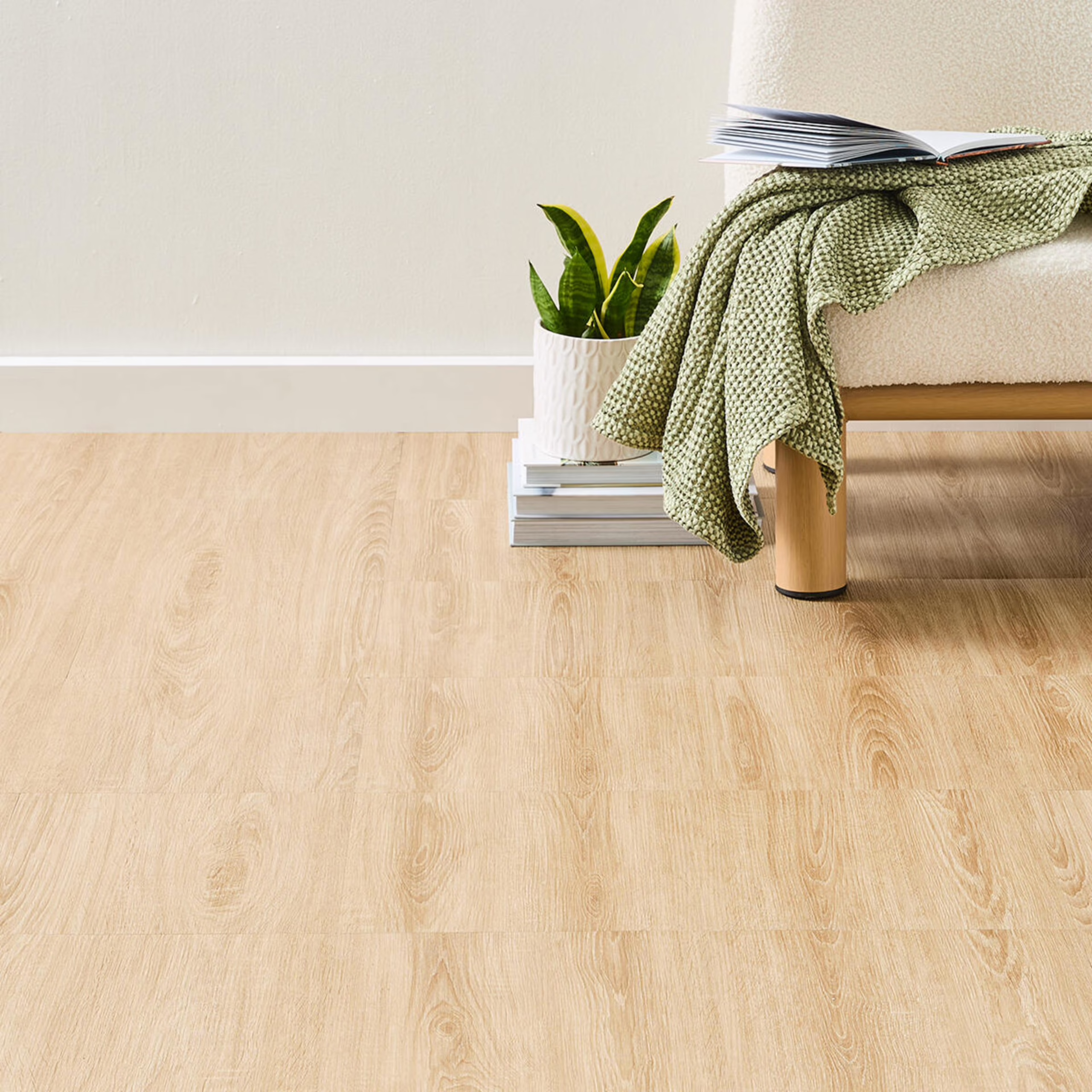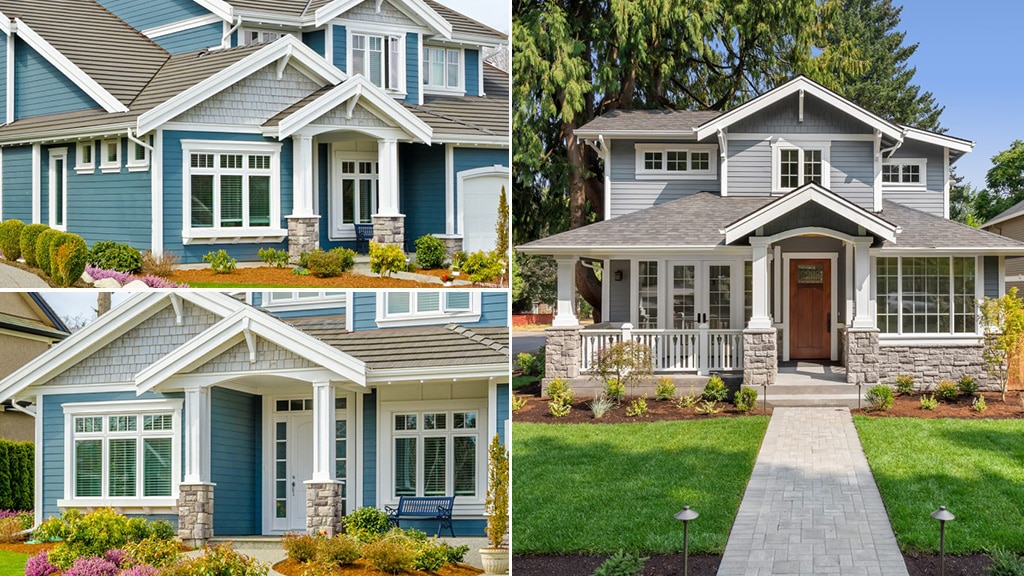In recent years, the focus on sustainable living has significantly influenced home improvement choices, including flooring. Vinyl floor tiles, a popular choice due to their durability and cost-effectiveness, are also making strides in the eco-friendly arena. This shift is crucial for those looking to make environmentally conscious decisions without sacrificing style or functionality. Let’s explore how modern vinyl floor tiles are becoming a greener option and why they might be the right choice for your eco-friendly home.
Advancements in Vinyl Flooring Technology
Sustainable Manufacturing
The production of vinyl flooring has evolved, with manufacturers increasingly committing to reducing environmental impacts. Modern vinyl tiles often include recycled materials, which help decrease waste in landfills. The manufacturing processes have also improved, aiming to reduce the emission of volatile organic compounds (VOCs) and using energy more efficiently.
Recyclability and Reusability
Closing the Loop
Unlike some flooring options that end up in the landfill at the end of their lifecycle, certain types of vinyl flooring are recyclable. This ability to recycle helps lessen the environmental impact by reducing the demand for new raw materials and lowering the amount of waste. Moreover, some companies offer take-back programs where used vinyl flooring can be returned and repurposed into new products, further promoting a circular economy.
Low Impact on Indoor Air Quality
Healthier Living Spaces
One critical aspect of sustainable living is maintaining healthy indoor air quality. Modern vinyl floor tiles are being designed to meet strict indoor air quality standards. These products are less likely to emit harmful chemicals, thanks to better manufacturing practices and stringent regulations, which ensures a healthier environment for families.
Longevity and Efficiency
Durable Choices Reduce Waste
The inherent durability of vinyl floor tiles makes them a sustainable option in the long run. Floors that need to be replaced frequently contribute to environmental degradation through increased raw material extraction and waste creation. Vinyl’s resistance to damage and easy maintenance can prolong its lifespan, reducing the frequency of replacements and, consequently, its environmental footprint.
Influence on Energy Consumption
Thermal Efficiency
Vinyl tiles can also contribute indirectly to reducing energy consumption. These tiles retain warmth, providing better insulation than some other flooring types. This can be particularly beneficial in colder climates where maintaining indoor temperature can lead to significant energy use.
A Conscious Choice
Choosing eco-friendly vinyl floor tiles means making an informed decision that aligns with both your design preferences and environmental responsibilities. It represents a holistic approach to home improvement, considering the impacts on the planet alongside the benefits to the homeowner.
As the flooring industry continues to innovate, the potential for sustainable practices increases. By opting for eco-friendly vinyl floor tiles, homeowners play a part in this positive change, paving the way for a greener, more sustainable future. Taking these factors into account will ensure that your home is not only beautiful and functional but also kinder to the environment.




